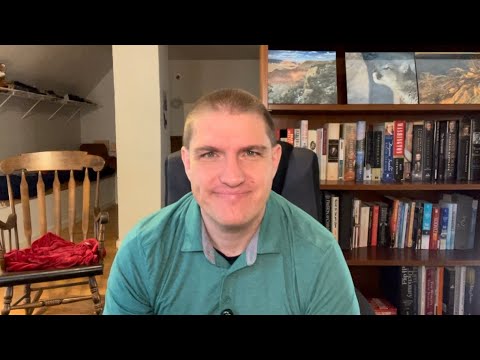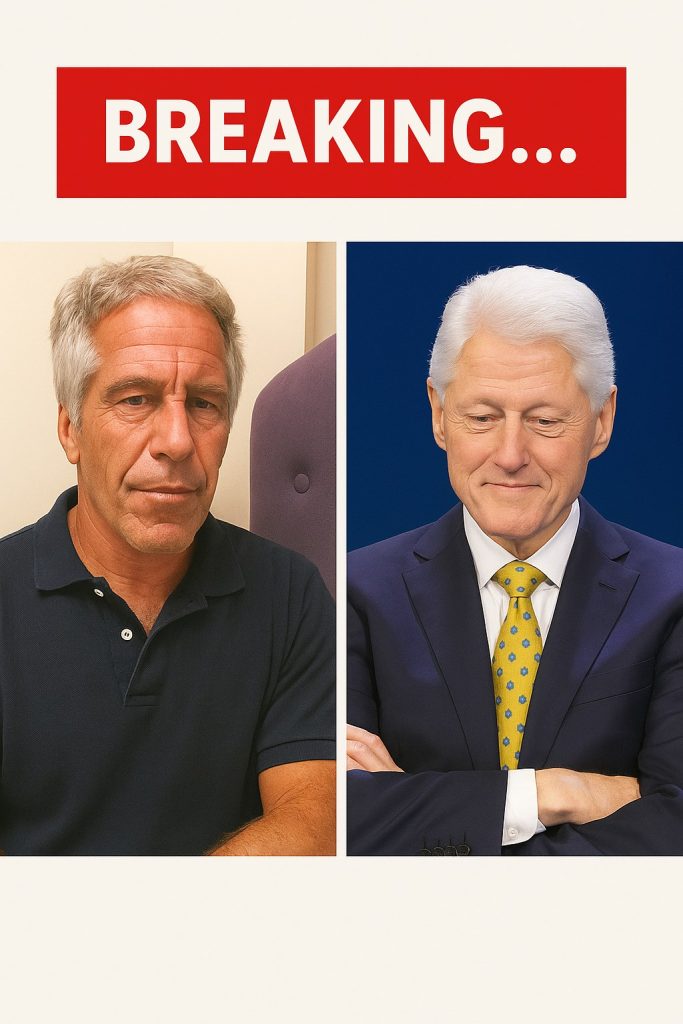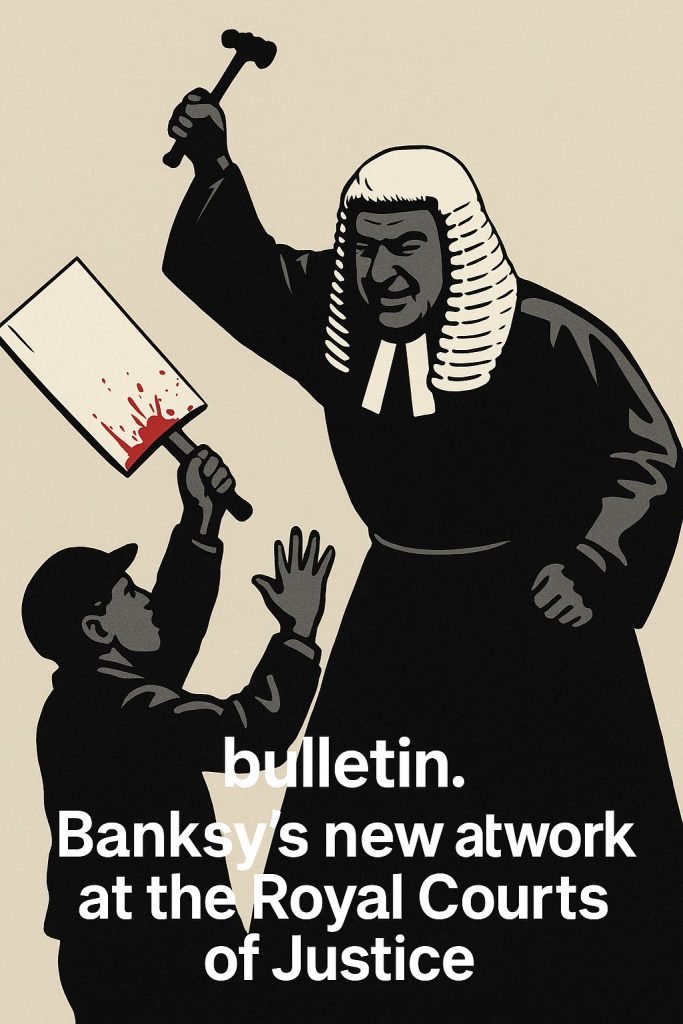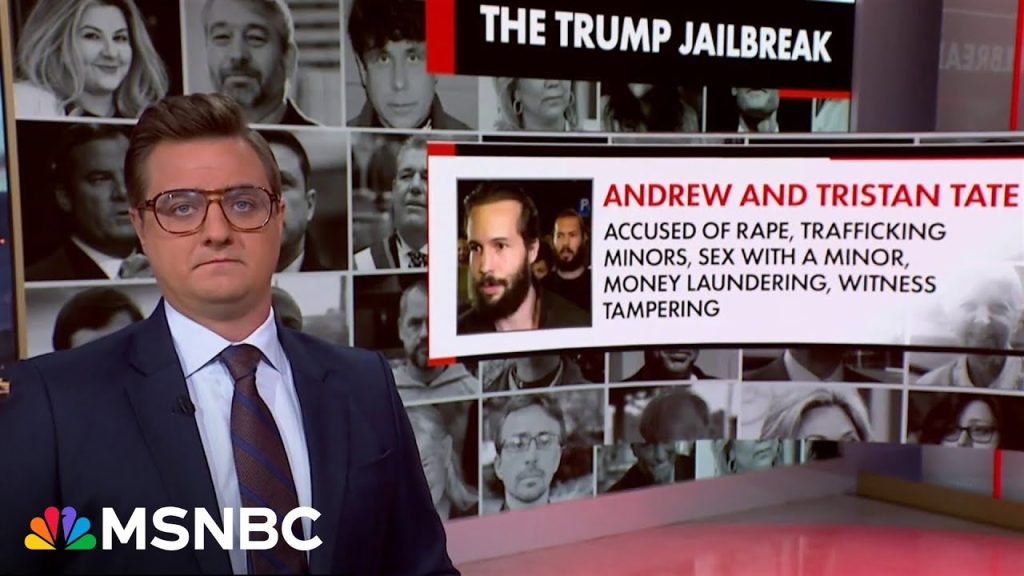The title “Hypothetically, what if tariffs work?” poses a thought-provoking question that invites audiences to delve into the complexities of trade and economic policy. With rising global tensions and shifting economic landscapes, the debate over tariffs has resurfaced, prompting discussions about their potential effectiveness in achieving various economic goals.
In recent years, tariffs have been employed by governments around the world, particularly in the United States, as a tool to protect domestic industries and spur economic growth. The approach became especially prominent during the Trump administration when a host of tariffs were introduced on goods from countries such as China. Proponents argued that these tariffs would level the playing field for American manufacturers and reduce trade deficits. However, critics raised alarms about the potential for retaliatory measures and the burden of increased costs on consumers.
The political context surrounding tariffs cannot be understated. Countries like China, Canada, and Mexico have responded to U.S. tariffs with their own trade barriers, leading to a tit-for-tat standoff that spilled into various sectors, from agriculture to technology. The ramifications have been profound, influencing consumer prices, complicating supply chains, and even impacting global alliances. This back-and-forth has resulted in mixed opinions about the fundamental effectiveness of tariffs.
Exploring the hypothetical scenario where tariffs “work” requires an understanding of the nuances involved. Would they truly lead to job creation and economic revitalization, or would they merely inflate the prices of imported goods, disadvantaging consumers? Additionally, what sectors might benefit the most, and how would this affect international relations, particularly with longstanding allies?
As policymakers look to navigate these pressing questions, examining potential outcomes becomes crucial. Could a well-strategized tariff policy stimulate innovation and competitiveness at home, or would it provoke unintended consequences that stifle growth? Understanding these dynamics is essential for anyone interested in the future of global trade and economic policy.
As discussions around tariffs continue to evolve, the hypothetical consideration of their effectiveness serves as a timely reminder of the delicate balance required in crafting economic policies that foster both growth and cooperation on a global scale.



